Scrum Master
A Scrum Master plays a crucial role in the Scrum framework, an agile methodology used for managing complex projects. Let’s delve into the details of what a Scrum Master does:
- Accountabilities:
- The Scrum Master is accountable for establishing Scrum within the team and organization.
- They help everyone understand Scrum theory and practice, both within the Scrum Team and the larger organization.
- Beyond this, a Scrum Master wears many hats and possesses soft skills necessary for coaching, mentoring, and facilitating team success.
- Key Responsibilities:
- For the Scrum Team:
- Coach team members in self-management and cross-functionality.
- Focus on creating high-value Increments that meet the Definition of Done.
- Influence the removal of impediments to the team’s progress.
- Ensure all Scrum events take place and are positive and productive.
- For the Product Owner:
- Assist in effective Product Goal definition and Product Backlog management.
- Establish empirical product planning for a complex environment.
- Facilitate stakeholder collaboration.
- For the Organization:
- Lead, train, and coach in Scrum adoption.
- Instill an empirical approach for complex work.
- Remove barriers between stakeholders and Scrum Teams.
- For the Scrum Team:
- Scrum Master Stances:
- A Scrum Master adapts to different situations, acting as a:
- Servant Leader: Supporting the team’s needs.
- Facilitator: Guiding Scrum events effectively.
- Coach: Providing guidance and mentorship.
- Manager: Handling organizational aspects.
- Teacher: Sharing knowledge and techniques.
- Impediment Remover: Clearing obstacles.
- Change Agent: Driving continuous improvement.
- A Scrum Master adapts to different situations, acting as a:
In summary, a Scrum Master ensures the Scrum Team’s effectiveness, fosters agility, and wears various hats to support team success. 🌟👩💼
Learn more about Scrum and explore training opportunities for Scrum Masters 123.


